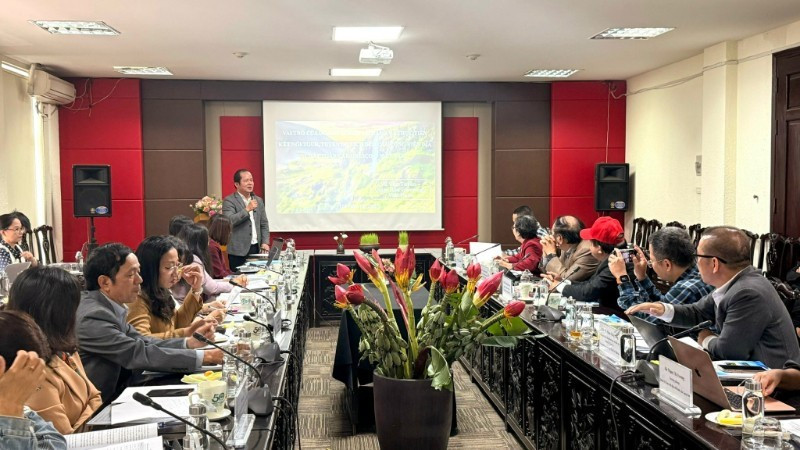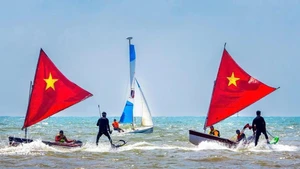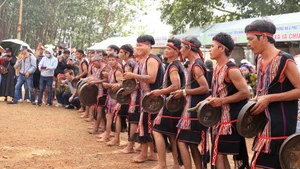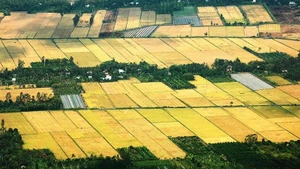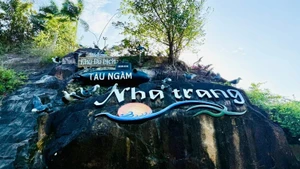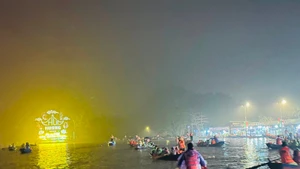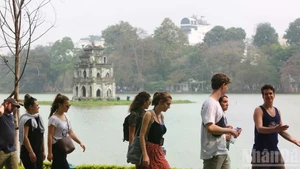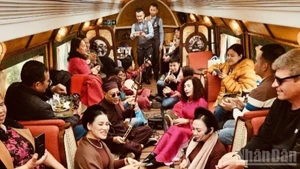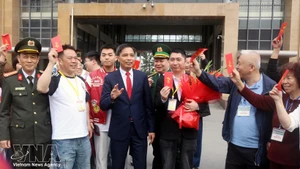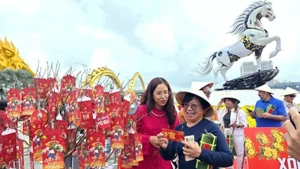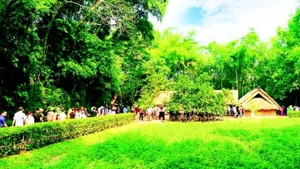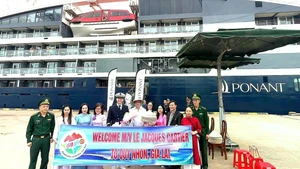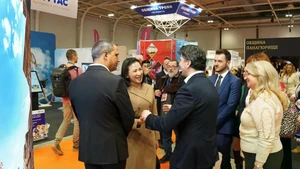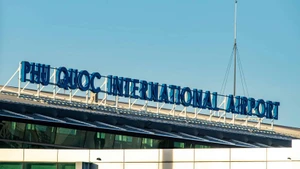Speaking at the opening ceremony, Dr. Hoang Thi Binh, Deputy Head of the Viet Nam Institute of Culture, Arts, Sports and Tourism, emphasised that geo-tourism is one of the emerging trends in Viet Nam, closely linked to green tourism, community-based and agriculture eco-tourism, responsible tourism, and educational or scientific research tourism on geology, biodiversity environment, and archaeology. These types of sustainable tourism are being promoted by the Party, the Government, the tourism sector, and localities.
So far, Viet Nam has had four geoparks recognised and admitted into the UNESCO global geopark network: Dong Van Karst Plateau Geopark, Non Nuoc Cao Bang Geopark, Dak Nong Geopark, and Lang Son Geopark. Each geopark possesses unique values in geology, geomorphology, stratigraphy, palaeontology, minerals, and tectonic structures, and biodiversity and cultural and tourism resources. These are advantages and major potential for local tourism development.
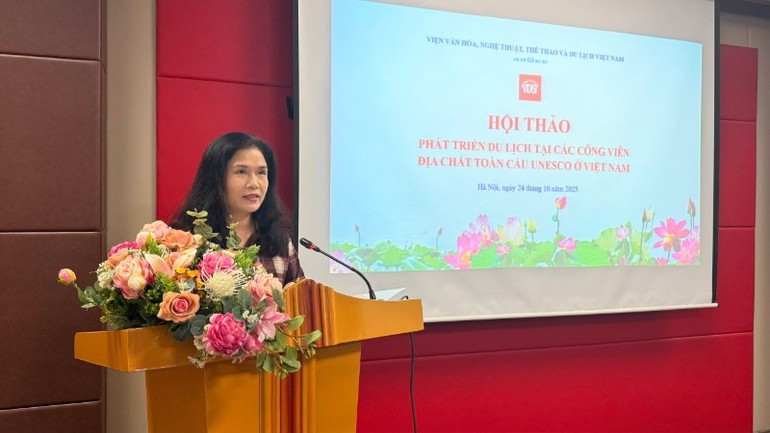
According to Dr. Hoang Thi Binh, the tourism development in Viet Nam’s UNESCO global geoparks has achieved encouraging results in recent years, creating jobs and sustainable livelihoods for local communities while promoting the culture and people of the locality.
However, the tourism development in Viet Nam’s UNESCO global geoparks still faces various challenges. Further research is required to identify scientific foundations, summarise practical experiences, and propose orientations and solutions to develop tourism in UNESCO Global Geoparks sustainably.
At the workshop, Dr. Le Quang Dang from the Viet Nam Institute of Culture, Arts, Sports and Tourism and Head of the research project “Developing Tourism in UNESCO global geoparks in Viet Nam”, clarified key issues on the tourism development in Viet Nam’s UNESCO global geoparks, including new development challenges following the administrative reorganisation of two-tier local governance; overlapping responsibilities between sectors and levels in tourism state management; inconsistent management models; a lack of diversified tourism products; and limitations in tourism infrastructure and human resources quality.
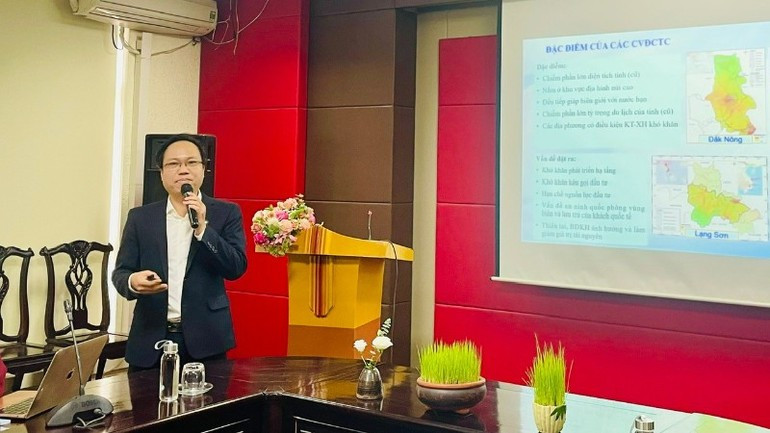
Based on valuations of heritage conservation and tourism resource promotion, participants proposed directions and solutions for sustainable tourism development in UNESCO global geoparks in Viet Nam, focusing on product diversification, regional connectivity, human resource development, and enhancing role and participation of the local community.
In fact, sustainable tourism development in UNESCO global geoparks can only be achieved when local people become genuine stakeholders—actively involving in creation, management, and benefit-sharing. Assoc. Prof. Dr. Nguyen Thi Nguyen Hong, former Head of the Faculty of Hotel and Tourism under the University of Commerce, suggested that authorities should empower communities to take part in planning, decision-making, and managing tourism activities. Financial and technical support should also be provided to preserve cultural heritage and integrate tourism development with local culture in community tourism development activities.
Enterprises are encouraged to recruit local employees, offer training, and create career development opportunities for local workers, particularly young people.
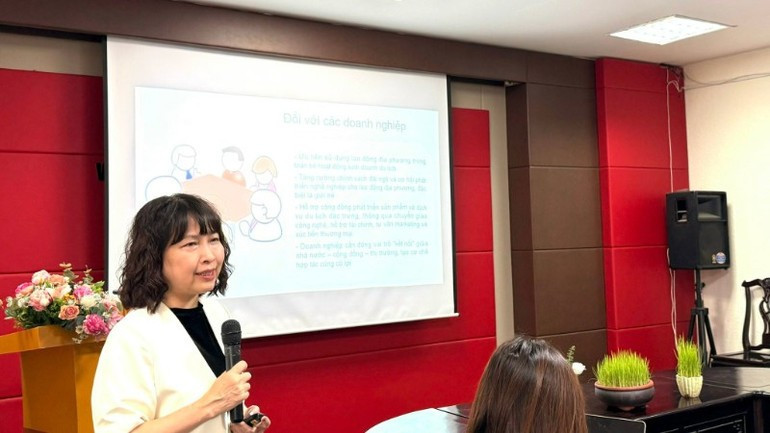
In conclusion, Dr. Le Quang Dang stressed that tourism development in Viet Nam’s UNESCO global geoparks requires a synchronised solutions. Provincial governments should review and reorganise management models to suit the new context, establish specific mechanisms and policies to develop geopark regions, attract tourism development investment, and support community-based tourism. It is also necessary to improve the survey, classification, and statistical work on tourism resources, enhance tourism product development, and encourage businesses and communities to diversify services based on existing strengths to meet the various demands of different visitor segments.
The proposals and recommendations at the workshop provide practical insights for sustainable tourism development in Viet Nam’s UNESCO global geoparks in association with heritage conservation, contributing to strengthening the brand of these geoparks as magnetic destinations for domestic and international visitors.
